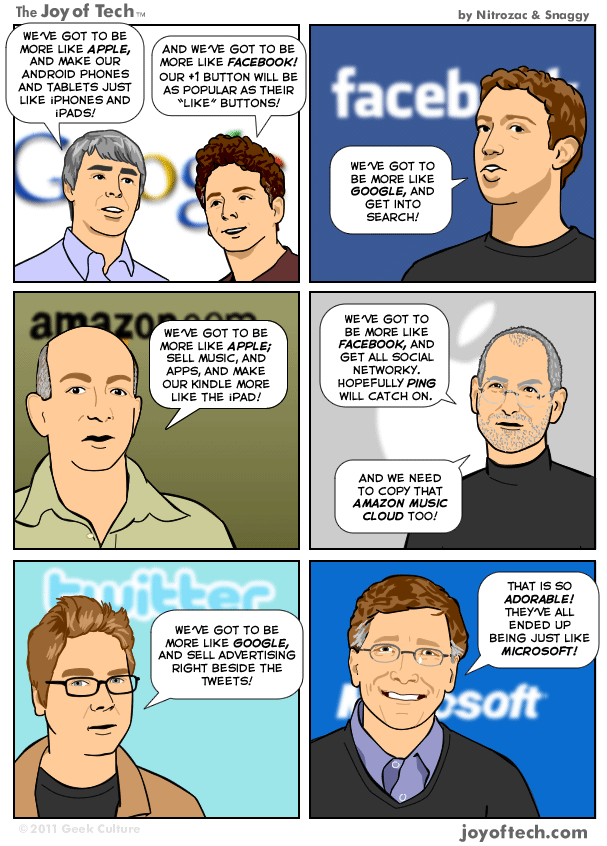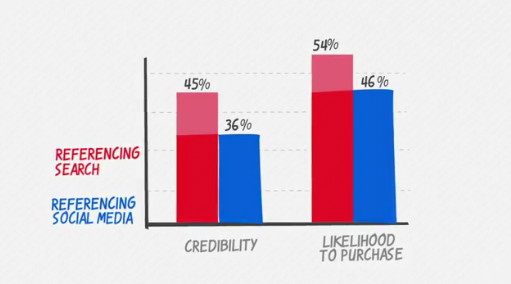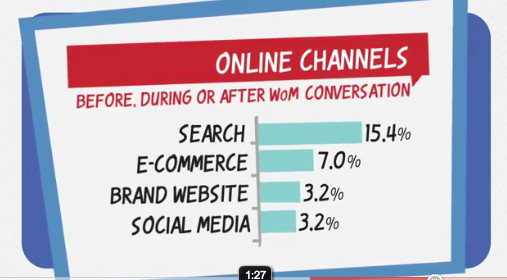Google Plus – When the leaders chase the leader's strategy…
 As Facebook and Twitter are becoming stronger and stronger, the search giant Google had to do something about it. Especially, after Google Buzz did not really take off. Google more or less had to announce some new social networking tool as a leading technology company.
As Facebook and Twitter are becoming stronger and stronger, the search giant Google had to do something about it. Especially, after Google Buzz did not really take off. Google more or less had to announce some new social networking tool as a leading technology company.
Now the baby is born. It is called Google Plus… So we are going from Google Buzz to Google Plus. Sounds similar, doesn’t it? However, it isn’t…
With Google Plus the brand wants to “make sharing on the web more like sharing in real life”. A video explains how Google Plus works and you can decide if this is for the classic user, or just for the advanced web nerds…
This example illustrates how leading tech brands are challenging the success of other leaders from leading tech companies. It looks as if they cannot afford to miss out on a leading trend, need to start and copy, and then create their own “Me too” product or solution. However, the challenge is to create the simplicity, design, user friendliness and fascination around that new platform. And if a companies strength is technology and development of software, then it will become difficult to challenge a leader’s strategy that relies on the ease of human behavior, their conversations and interactions… and vice versa.
Still, they all do…
Spot On!
Google Plus offers a bundle of exciting and interesting features that other platforms don’t have in that evolved technological perfection (yet). The technology is good, no doubt. It has great functionality. OK. However, the question will remain if it will become a killer for Facebook as another challenging social network platform? Google’s leaders will definitely chase the strategy and tactical efforts of the Facebook & Co. to be part of the social networking game in the future. Nevertheless Bruce Lee once said: “Simplicity is the key to brilliance”. From a strategic business perspective, I would add: If simplicity of a Me Too product cannot trump the leader, ask yourself if the users will benefit from it. For Google Plus, I personally doubt it…






 About one year ago Twitter started introducing their new monetization model: Promoted Tweets. Twitter expects 150 Mio. USD revenue this year with the program. Now, one year later the first “success story” have been published, and Gordon Mc Millan writes a nice summary “
About one year ago Twitter started introducing their new monetization model: Promoted Tweets. Twitter expects 150 Mio. USD revenue this year with the program. Now, one year later the first “success story” have been published, and Gordon Mc Millan writes a nice summary “

 Google published a
Google published a